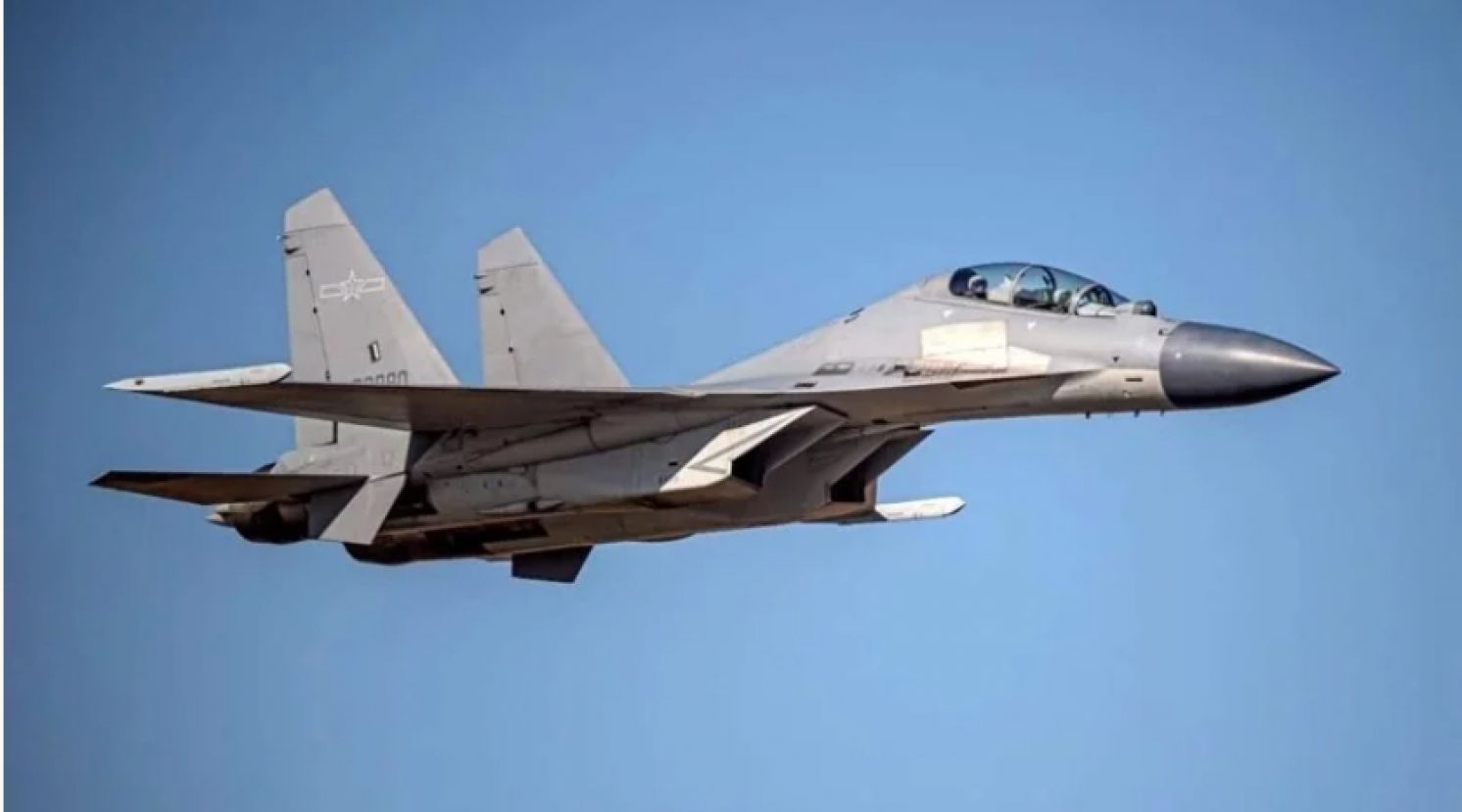
This Week in Taiwan 0213-0219
February 13: A group of People's Liberation Army (PLA) aircraft were said to have intruded upon Taiwan's "air space" near the Pratas Island on February 12. However, despite the broadcast expelling the mainland Chinese jets announcing otherwise, the Air Force Command stated on February 13 that PLA aircraft did not actually enter Pratas Island air space. The content of the broadcast was only an early expulsion warning.
February 14: The Medigen COVID-19 vaccine received emergency use authorization (EUA) in Paraguay. Minister of Health and Welfare Chen Shih-chung, who heads the Central Epidemic Command Center, stated that eight countries presently recognize the Medigen vaccine, including Indonesia, Palau, New Zealand, Belize, Somaliland, Estonia, Thailand, and Paraguay. The Taiwan government purchased a total of 5 million doses, with 3 million doses left. In addition to domestic uses, remaining vaccines will be provided for humanitarian relief.
February 16: American bio-technology company Moderna announced on February 15 that it will expand into four new markets with subsidiaries in Taiwan, Hong Kong, Malaysia, and Singapore. The subsidiary in Taiwan will be responsible for supplying vaccines and supporting Taiwan's demand for mRNA vaccines and therapeutic drugs. Minister Chen Shih-chung expressed welcome on February 16. According to reports, the government plans to use national development funds to form a national team of biotech firms, and Moderna is a prospective partner.
February 16: As a global leader, the Taiwan Semiconductor Manufacturing Company (TSMC) is openly recruiting business intelligence analysts for the first time to respond to geo-political conflicts. Candidates must have a doctorate in political science, economics, or international relations. According to human resources experts, professionals who specialize in political economy and who understand the semiconductor industry are quite scarce. It is estimated that the annual starting salary will range from NT$4 million (about US$143,520) to NT$5 million (about US$179,400).
February 18: After Taiwan announced that it would lift import restrictions on food products from around Fukushima Prefecture, Japan, the Taiwan-Japan Economic Partnership Committee (EPC), which has been suspended for eight years, is expected to restart. At the video closing ceremony of the Taiwan-Japan Economic and Trade Conference, Chairman Mitsuo Ohashi of the Japan-Taiwan Exchange Association expressed his support for Taiwan's participation in the Comprehensive and Progressive Agreement for Trans-Pacific Partnership (CPTPP) and hoped to restart the EPC as soon as possible to deepen the Taiwan-Japan economic and trade dialogue under the existing framework.
February 19: The CPTPP held a meeting for senior officials on February 18. According to media reports, the meeting was supposed to discuss the membership applications of Taiwan, China, and Ecuador. The rotational chair, Singapore’s Ministry of Trade and Industry, stated that there was an exchange of views on member applications of economies intending to join the CPTPP and reiterated that those intending to join the CPTPP must meet the high standards, but there was no concrete conclusion. Premier Su Tseng-chang stated on February 19 that Taiwan will continue its efforts.
February 19: That people who cooperated with local governments quarantining them at epidemic prevention hotels but had to bear the costs has caused discontent. Minister Chen Shih-chung stated that the 6,000 people who were quarantined by local governments from December 14 last year to February 18 will be reimbursed by the central government for related hotel costs.
February 19: A new book Spicy China published by Rye Field Publishing in January explores the spread of chili peppers in China and the evolution of spicing eating culture. However, the publisher mechanically replaced "dalu," which can mean either "mainland" or "continent," for "zhongguo" (China), resulting in the absurd statement that "Columbus discovered a new China." The publisher notified bookstores on February 19 that it will remove the books from the shelves, recycle, and reprint. It also apologized to the author Cao Yu as well as readers.